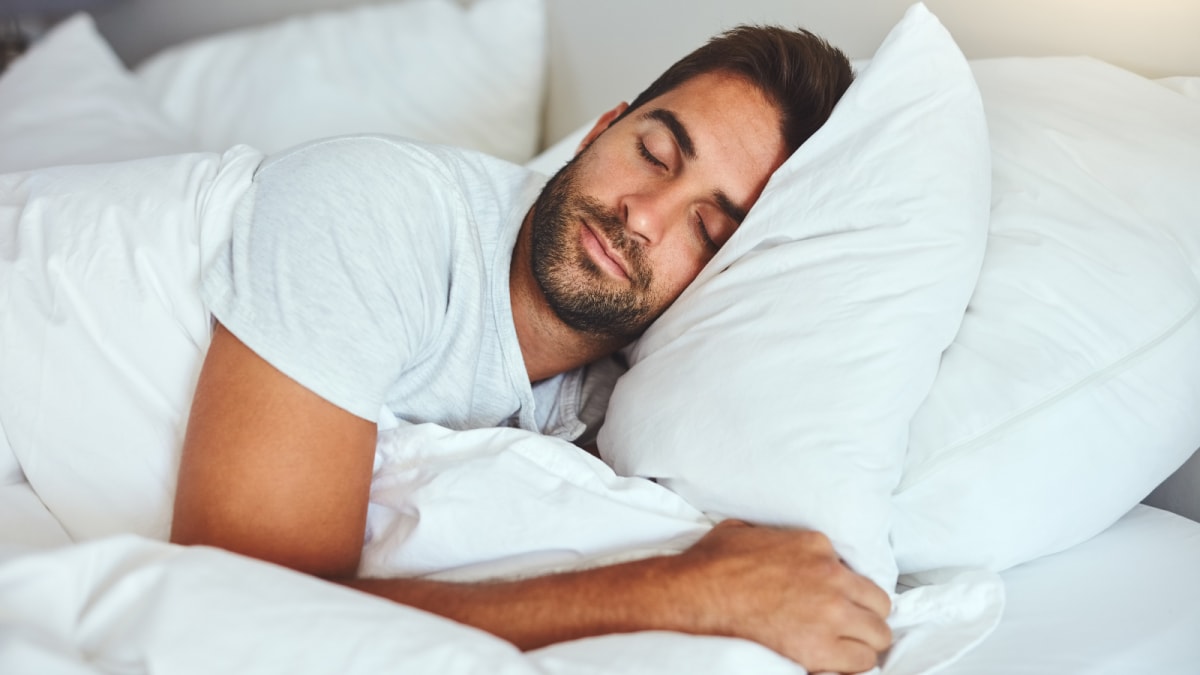Last Updated:
Winter holidays mean more heavy food, sweets, alcohol and less physical activity, all of which disrupt sleep, lower energy levels and leave one feeling more tired

Our body clock, or circadian rhythm, adapts to the cycles of day and night. (Representative/Shutterstock)
As the cold weather sets in, sleep becomes more appealing, influenced not only by the chill but also by our internal biological clock. Typically, adults require 7 to 9 hours of sleep, but during winter, we often feel the need for more rest. This phenomenon is due to shorter days and earlier sunsets, leading to increased darkness. Consequently, the body produces more melatonin, the hormone responsible for regulating sleep.
Research from St. Hedwig Hospital in Germany reveals that people sleep about an hour longer in winter compared to summer, with REM sleep, the deep stage of sleep where dreaming occurs, increasing by approximately 30 minutes.
Dr. Raj Dasgupta highlights the importance of REM sleep for mood, memory, immune system, and concentration. Thus, the desire to sleep more in winter is simply the body’s natural adjustment to the season.
How Light Affects Sleep
Our body clock, or circadian rhythm, adapts to the cycles of day and night. Sunlight keeps our bodies active, while darkness induces sleepiness. In winter, the shorter days and reduced sunlight lead to higher melatonin production, making us feel sleepier earlier and more frequently. Dr. Joshua Tal explains that reduced light in winter boosts REM sleep to preserve sleep quality.
What Affects Sleep In Winter
Additionally, the pattern of more sleep in winter is not solely weather-driven. During summer, late nights filled with parties and social activities disrupt our sleep schedules. In winter, as nights lengthen, it takes time for the body to readjust, a phenomenon experts call ‘social jet lag,’ a disruption in sleep timing.
Winter holidays also bring increased consumption of food, sweets, alcohol, and a reduction in physical activities, all of which affect sleep and energy levels, contributing to increased fatigue and the need for more sleep.
How To Improve Your Winter Sleep
Dr. Carleara Weiss advises that humans need not hibernate like bears but can implement small changes to improve sleep. Spending time in morning sunlight provides natural light, maintaining consistent sleep and wake-up times, and trying light therapy if morning sunlight is unavailable. Sitting in front of a 10,000 lux light for 30 minutes daily is highly beneficial.
Mind Your Mental Health Too
Dr. Jennifer Martin cautions that persistent fatigue, sadness, or excessive sleep during cold weather might indicate seasonal depression (SAD). In such cases, consulting a doctor or mental health expert is advisable.
Feeling sleepier in winter is normal, but excessive sleep can impact energy and mood. Engage in light exercise daily, get morning sunlight, and maintain a balanced routine for good sleep and to stay active and positive throughout the day.
November 01, 2025, 17:12 IST






